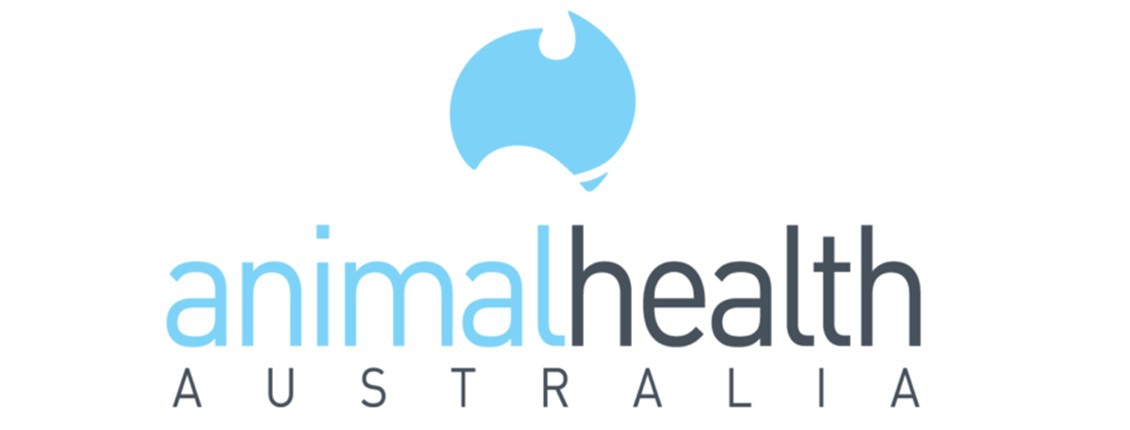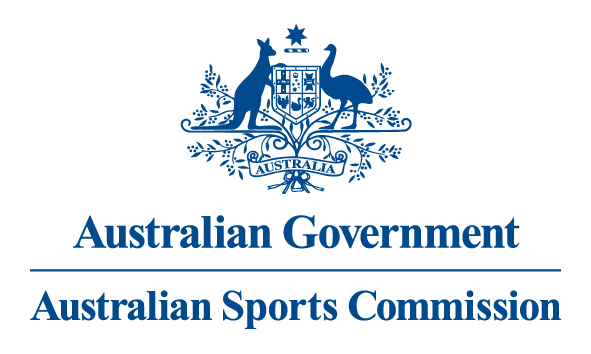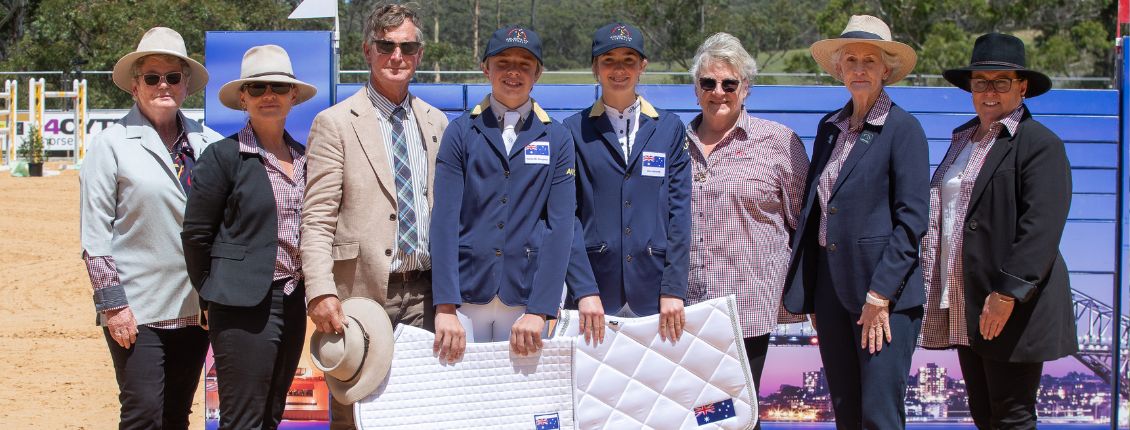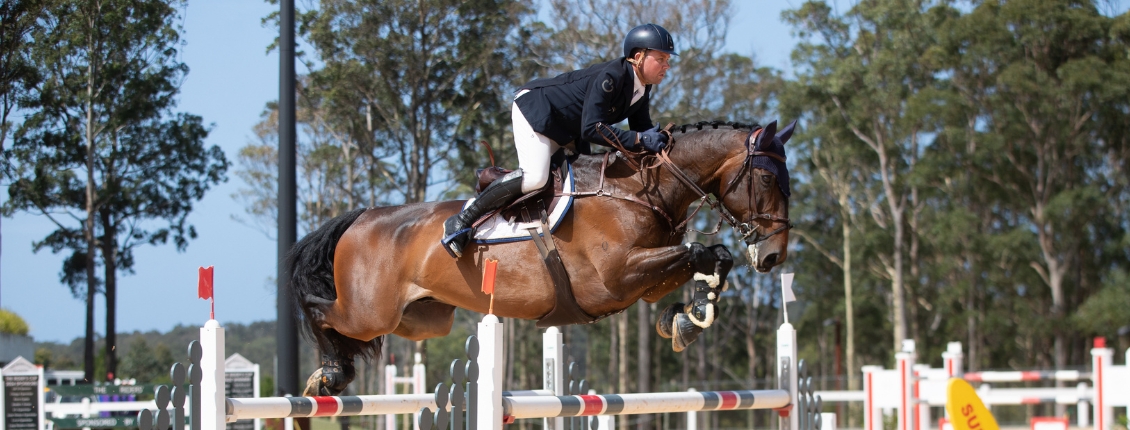
Animal Health Australia Covid-19 Update
Date: Current as at 26/03/2020
KEY POINTS
The COVID-19 situation is changing rapidly. Animal Health Australia is following the advice of the Australian Government Department of Health and the Australian Government Department of Agriculture, Water and the Environment and will keep members informed as the situation develops.
National hotline: 1800 020 080+ the line operates 24/7.
Media release: On 26 March 2020, Agricultural Minister David Littleproud released a media release, Agriculture jobs essential to Australia.
Key points to note include:
• Australia’s food production and supply chain will not be affected by coronavirus shutdowns.
• As far as the Commonwealth is concerned, food production and supply is an essential service.
• That means State-imposed border shutdowns will not affect agricultural supply chains.
• Read the full release here.
JURISDICTIONAL BORDER ARRANGEMENTS (Current as at 26 March 2020)
SOUTH AUSTRALIA
There are border controls in place for SA.
SA police has posted extra information on the essential travellers exemption to border controls available here.
This advice is clear that there is no application process for exemptions and no permit system. A self-assessment process applies. Persons entering South Australia may be stopped by police at checkpoints and Essential Travellers will be required to provide evidence of their status. If they are unable to provide evidence they will be directed to self-quarantine.
All agricultural industries and related businesses across the food supply chain are an essential service. They can continue to operate as usual:
• trucks and freight services carrying food and produce
• feed, hay, fertilizer and other agriculture products
• Veterinary and animal health/welfare services
• people who have skills that are critical to agricultural or primary industries and who need to be physically present in South Australia
• farmers with properties on either side of the border. They can move machinery, livestock and bees.
A COVID19 page has been set up for all of SA government: https://www.sa.gov.au/covid-19/home and a COVID19 business information and support page has been established.
NEW SOUTH WALES
There are no current border controls in NSW.
From the NSW DPI website:
- Primary industry production and related businesses and the entire food supply chain are NOT impacted by these restrictions. These businesses can continue to operate on a ‘business as usual’ basis, though should attempt to practice appropriate social distancing measures.
NSW DPI also sent out a media release NSW steps up to help primary industries sector navigate COVID-19.
NSW CVO bulletin - There is no evidence that animals play a role in spreading this human disease
NSW Government has developed information on managing animal welfare during COVID-19. Access it here.
NORTHERN TERRITORY
There are border controls in place for NT.
Border control measures can be found at the NT Government website:
• All persons arriving at the border including livestock transporters will need to complete a border arrival form and undergo health status check
• The livestock drivers are exempt from the 14-day quarantine provided conditions for exempt persons are met (That person must avoid close contact with other persons while in the Territory by remaining self-isolated in their vehicle or accommodation).
• There are also other exempt classes of people and specific requests can be made through application for exemption which are assessed by the Chief Health Officer or delegate (That person must avoid close contact with other persons while in the Territory by remaining self-isolated in their vehicle or accommodation).
• Pastoral properties are likely to develop COVID-19 management plans to prevent transmission on stations which will outline the requirements for interstate arrivals who meet the exemption.
NT Contact Officer for Livestock movements:
• Darwin: Regional Livestock Biosecurity Officer - Ph: 8999 2034 Mb: 0401 115 802
• Katherine: Regional Livestock Biosecurity Officer - Ph: 8973 9767 Mb: 0467 740 233
• Tennant Creek: Regional Livestock Biosecurity Officer - Ph: 8962 4458 Mb: 0401 113 445
• Alice Springs: Regional Livestock Biosecurity Officer - Ph: 8951 8125 Mb: 0401 118 125
VICTORIA
There are no current border controls for Victoria.
From the Agriculture Victoria website:
- Farms and agribusinesses are not included in the current bans agreed by the National Cabinet on Tuesday 24 March. The agricultural supply chain is essential to maintaining the flow of food to our supermarkets and kitchen tables.
This page also contains FAQs in relation to COVID-19 and the agriculture sector.
WESTERN AUSTRALIA
There are border controls in place for Western Australia.
From the Department of Primary Industries and Regional Development website.
The direction includes exemptions for essential services and workers, which apply to:
• freight and logistics services into and out of Western Australia
• people with specialist skills critical to maintaining key industries and businesses, including those employed or engaged in agricultural or primary industries who are required to be physically present in WA.
This provision ensures agricultural production and food supplies, such as fresh produce, meat, processed products and livestock, can continue to be transported.
TASMANIA
There are border controls in place for Tasmania.
From the Tasmanian Government website:
- The Tasmanian Government has declared a State of Emergency and tough border restrictions are in place. Anyone coming into Tasmania will be subject to quarantine whether you are an Essential Traveller or not.
These are different quarantine requirements for Essential Travellers and those needing to quarantine for 14 days.
The Tasmanian border restrictions factsheet says - Freight will continue to come in and out of our state. Tasmanians can be assured we will have the essential supplies we need.
AUSTRALIAN CAPITAL TERRITORY
There are no current border controls for the ACT.
Advice on general restrictions can be found at the ACT Health website.
QUEENSLAND
There are border controls in place for Queensland.
From the Queensland Government website:
- The Queensland Government is implementing restricted entry to Queensland from 12:01am on Thursday, 26 March 2020.… restrictions provide for the continuation of essential goods and services for Queenslanders.
Who is exempt from the requirement to enter quarantine for 14 days?
• Those living outside of Queensland who provide critical services to Queensland:
• National/state security
• Essential health services
• Emergency services
• Transport of goods or freight including food
• Critical maintenance/repair to critical infrastructure in Queensland
• Construction, mining/energy/agribusinesses (and see below for specific requirements for FIFO workers in these sectors)
• Federal, state or local government workers who are required to enter to Queensland to perform official duties.
Freight and logistics for any goods into Queensland from interstate is still permitted, including retail goods for pharmacies, grocery stores and petrol stations, on the condition that the person must practise social distancing wherever possible, including maintaining a distance of at least 1.5 metres where reasonably practicable and remain isolated in their vehicle or accommodation.
If you are providing these critical services and need to enter Queensland, you can apply for an entry pass.
KEY INFORMATION FROM THE COMMONWEALTH AVAILABILITY OF AGVET CHEMICALS
• While many Australian production systems rely on imported chemicals, COVID-19 is not currently impacting access for the horticulture and grains sector. This may change if international trading arrangements slow as would be the case for other imported commodities.
• While some sectors of the market are experiencing a shortage of some chemicals, the herbicide glyphosate is the most topical, this is due to low stock levels on hand during the drought coupled with the significant spike in demand from the unexpected, but welcomed, recent rain events.
• NSW Farmers recently stated there is enough chemical supply to meet needs if overstocking or panic buying is avoided.
• There are some short-term issues in accessing raw materials from China but these are expected to resolve as international trade stabilises.
POSSIBILITY OF TRANSMISSION OF COVID-19 FROM HUMANS TO FOOD IN AG PRODUCTION (PACKING AND PROCESSING):
• FSANZ (Food Safety Australia New Zealand) references the EFSA information, reiterating that there is currently no evidence that food is a likely source or route of transmission of COVID-19. FSANZ will continue to monitor developments to assess the possibility of foodborne transmission of the virus.
• The European Food Safety Authority has reported that there is no evidence that food is a source or transmission route for COVID-19. For other coronaviruses (e.g. SARS, MERS), transmission through food consumption did not occur.
• The German Federal Institute for Risk Assessment (consumer health protection) also states that due to the relatively low environmental stability of coronaviruses, it is unlikely that imported goods such as imported foods (or consumer goods such as toys, clothing etc) would be sources of infection.
FURTHER INFORMATION
• There are currently no cases which have shown any evidence of humans being infected via the consumption of contaminated food.
• Transmission via surfaces which have recently been contaminated with viruses is possible through smear infections - however, this is only likely to occur during a short period after contamination, due to the relatively low stability of coronaviruses in the environment.
POSSIBILITY OF TRANSMISSION OF THE VIRUS TO ANIMALS
• There is currently no evidence that dogs or other domestic animals play a significant role in the transmission of the virus responsible for COVID-19 (SARS-CoV-2). Likewise, there is no current evidence that dogs or other domestic companion animals would show signs of disease.
• While there has been a possible case of person-to-animal transmission in Hong Kong, there is currently no evidence that the virus can be transmitted from a domestic animal to a person, or between domestic animals.
• The current spread of the virus responsible for COVID-19 is due to transmission between people.
• The COVID-19 virus has not been reported in domestic animals or wildlife in Australia.
• Animal owners should implement good hygiene practices where animals are kept, including washing their hands after contact with animals.
• Infected animal owners should not come into contact with domestic animals, where possible.
o To protect their domestic animals, people should follow any further directions given to them by human and animal health authorities.
o The Australian Animal Health Laboratory (AAHL) is assisting with efforts to develop a human vaccine for COVID-19.
o AAHL has the ability to test for the virus.
USEFUL LINKS
• https://www.who.int/health-topics/coronavirus
• https://www.health.gov.au/news/health-alerts/novel-coronavirus-2019-ncov...
• Expert Report - COVID-19 not transmitted by animals: https://www.anses.fr/en/content/covid-19- cannot-be-transmitted-either-farm-animals-or-domestic-animals-0
• MLA’s air freight article - https://www.mla.com.au/prices-markets/market-news/flight-groundingssquee...
Supplied by Animal Health Australia










